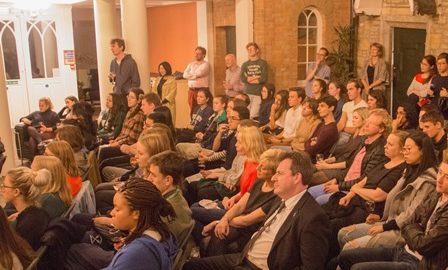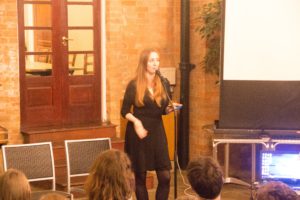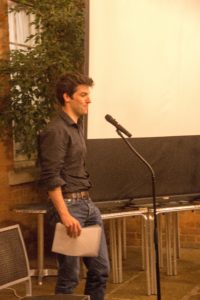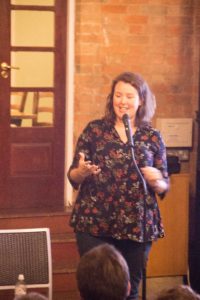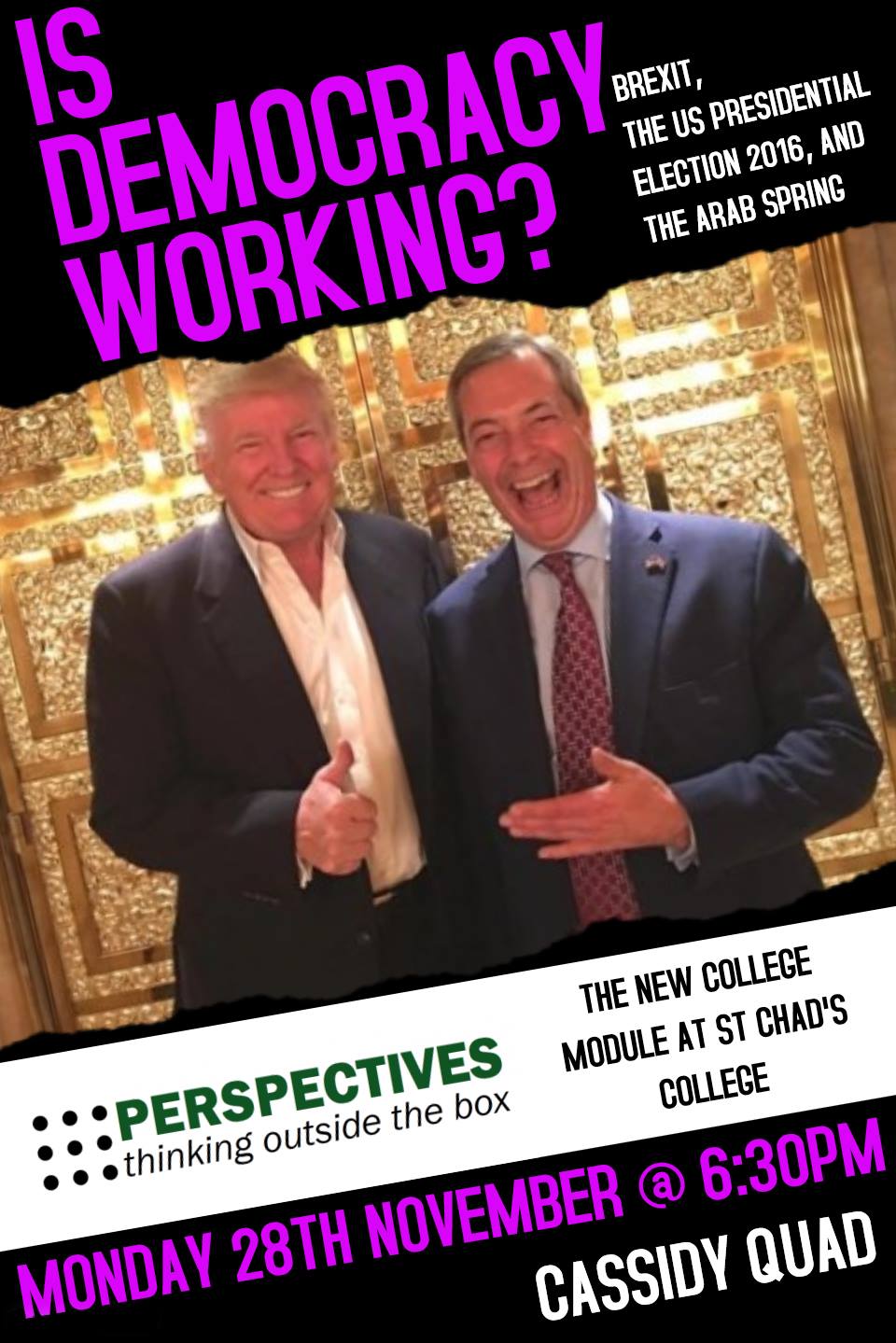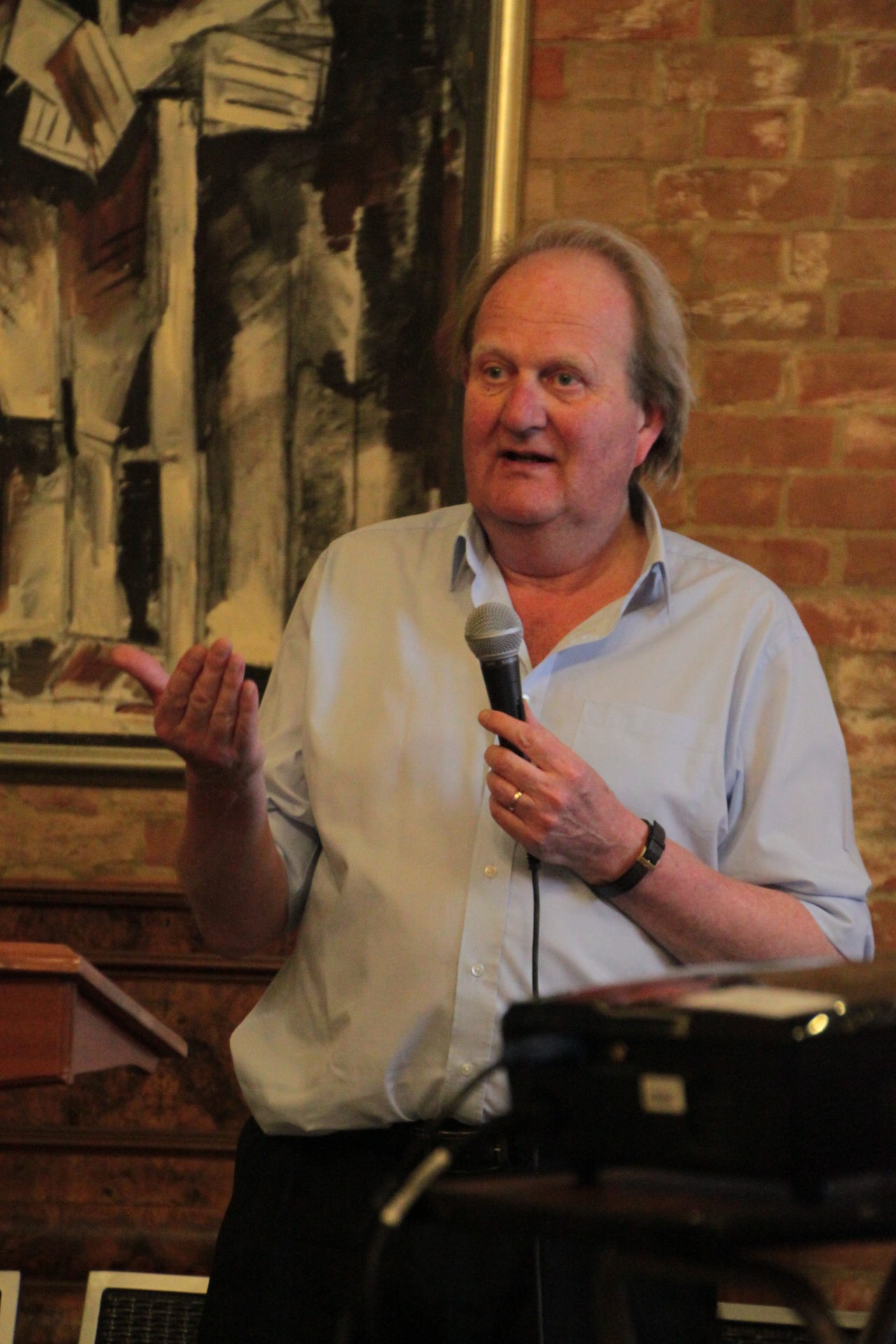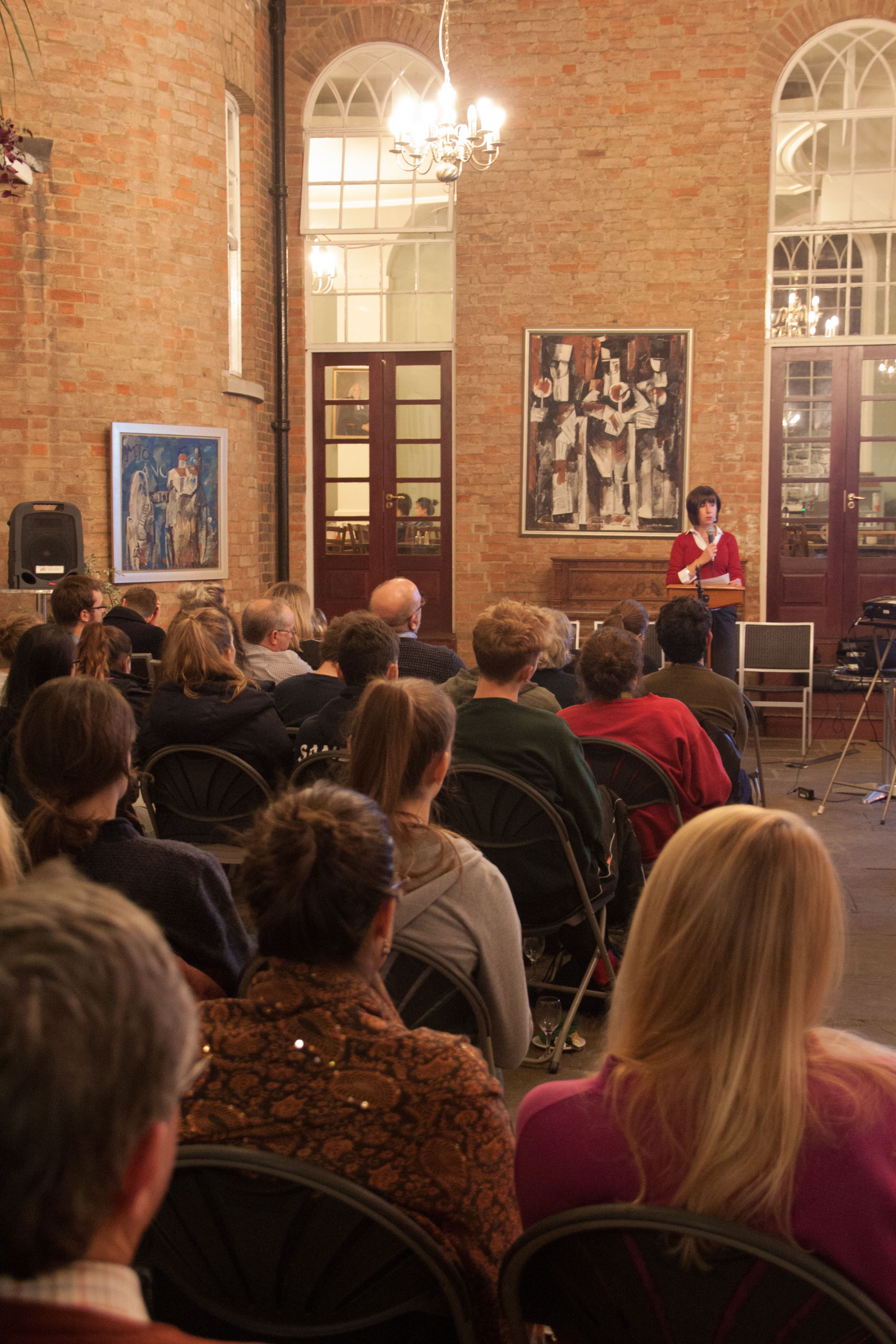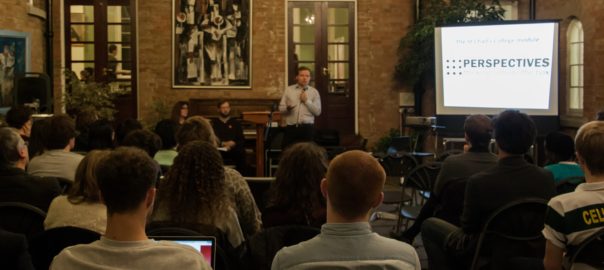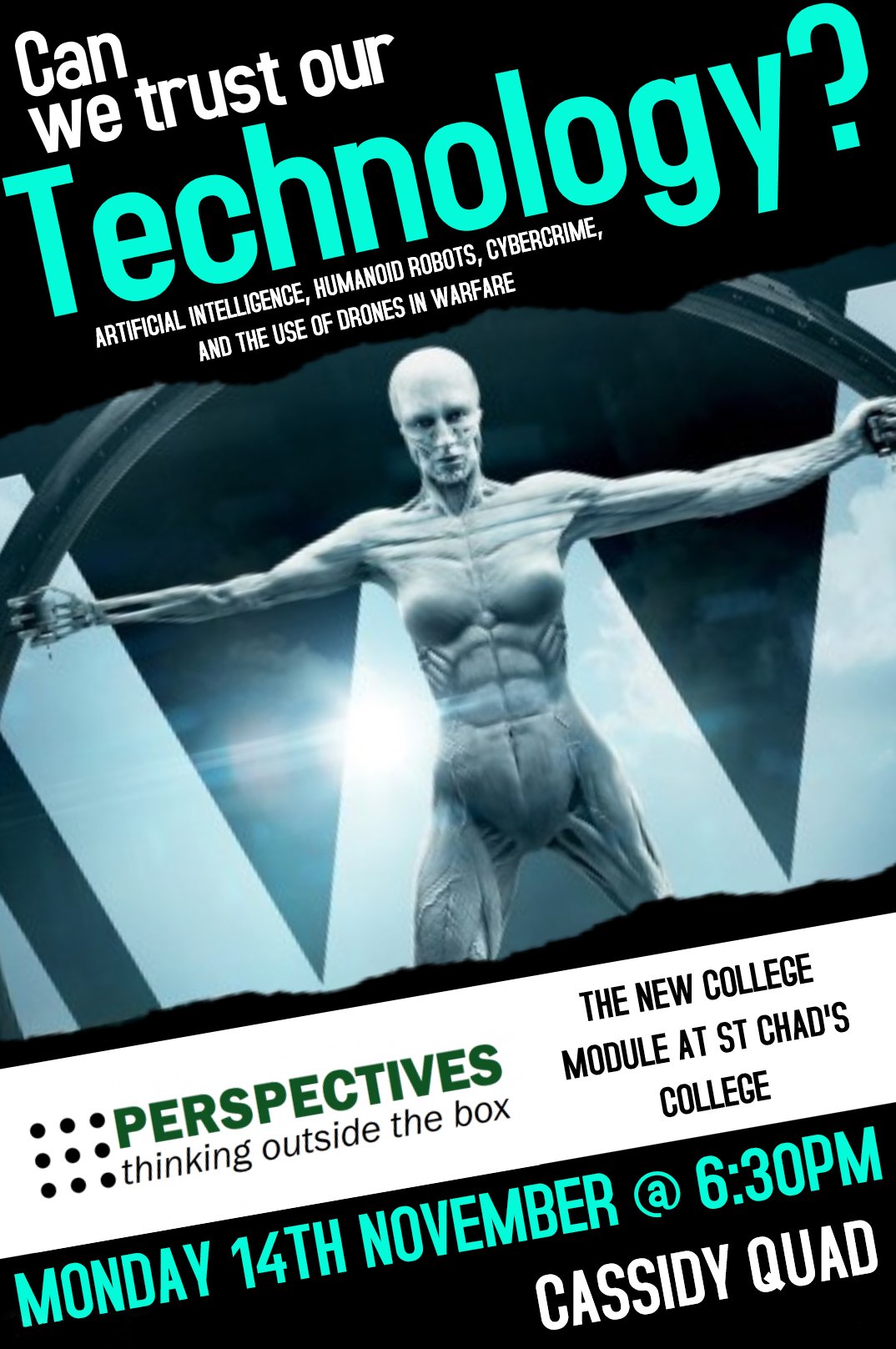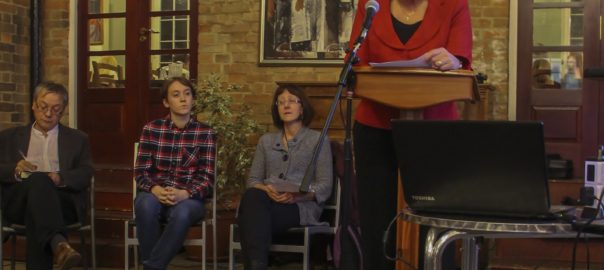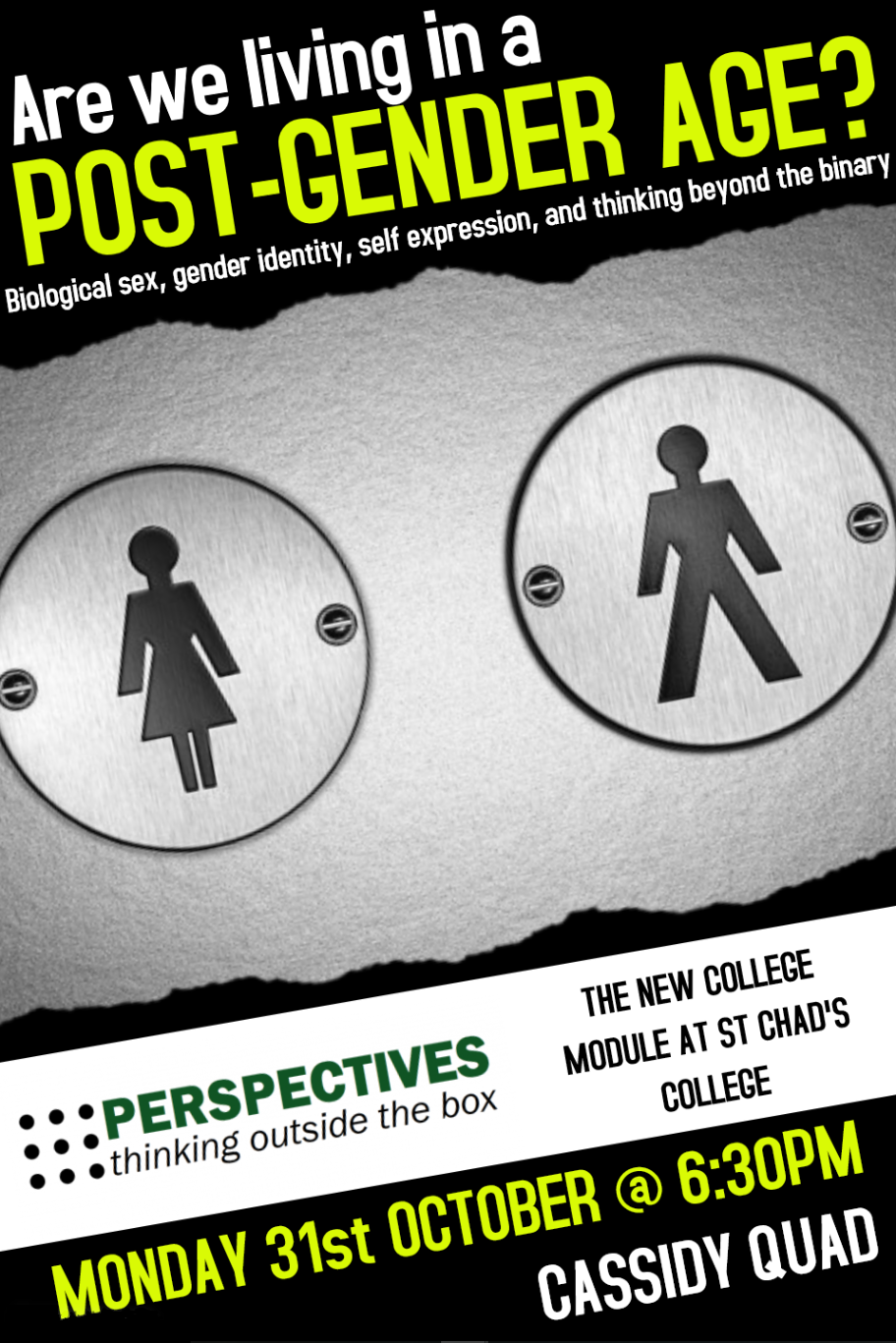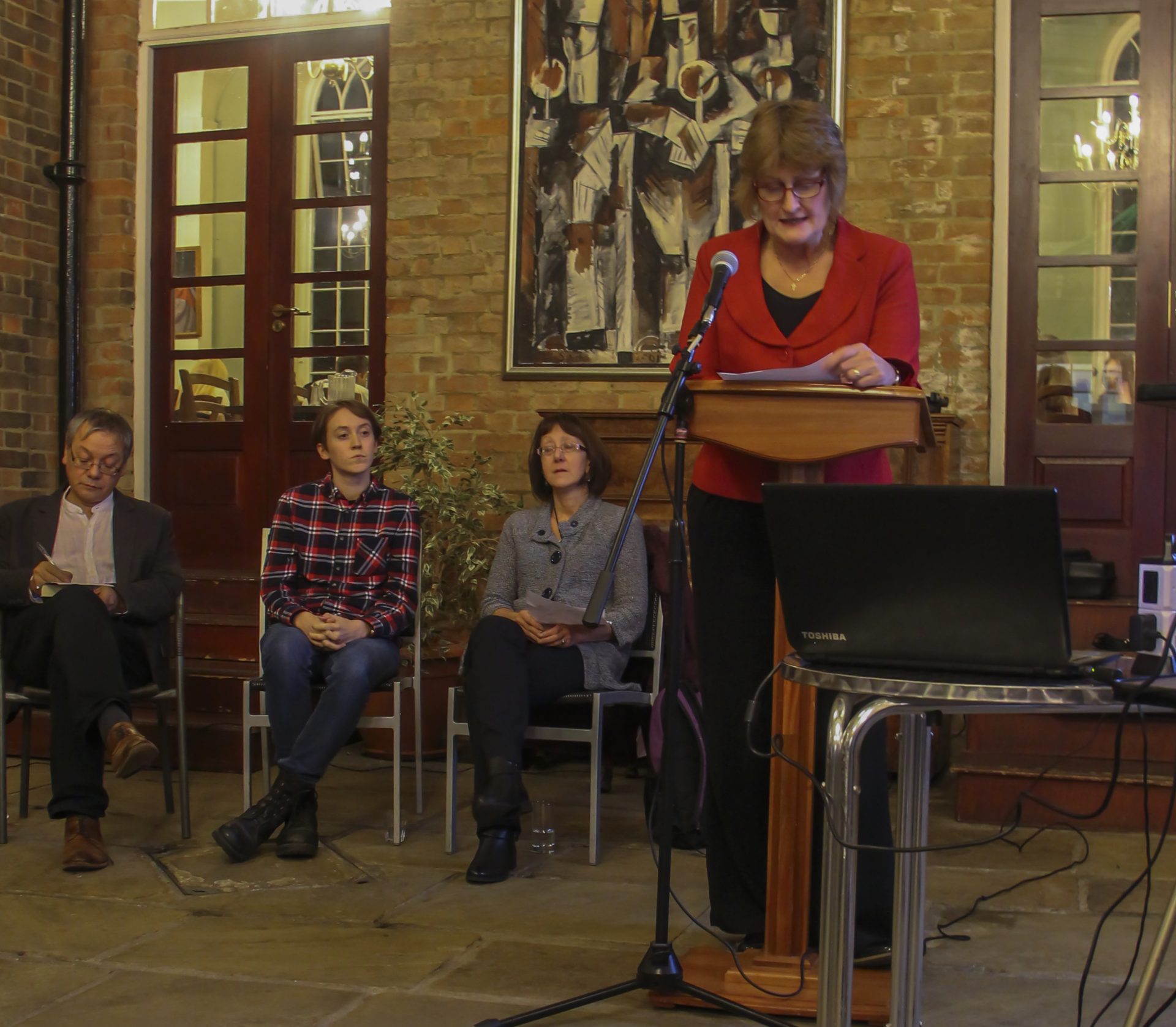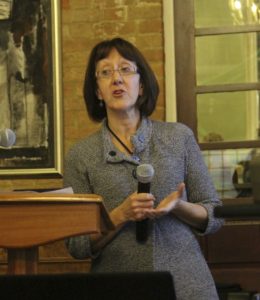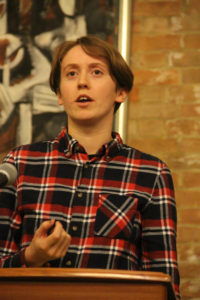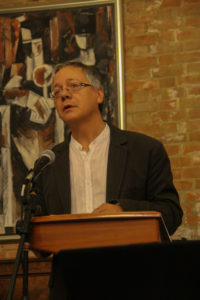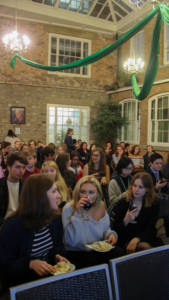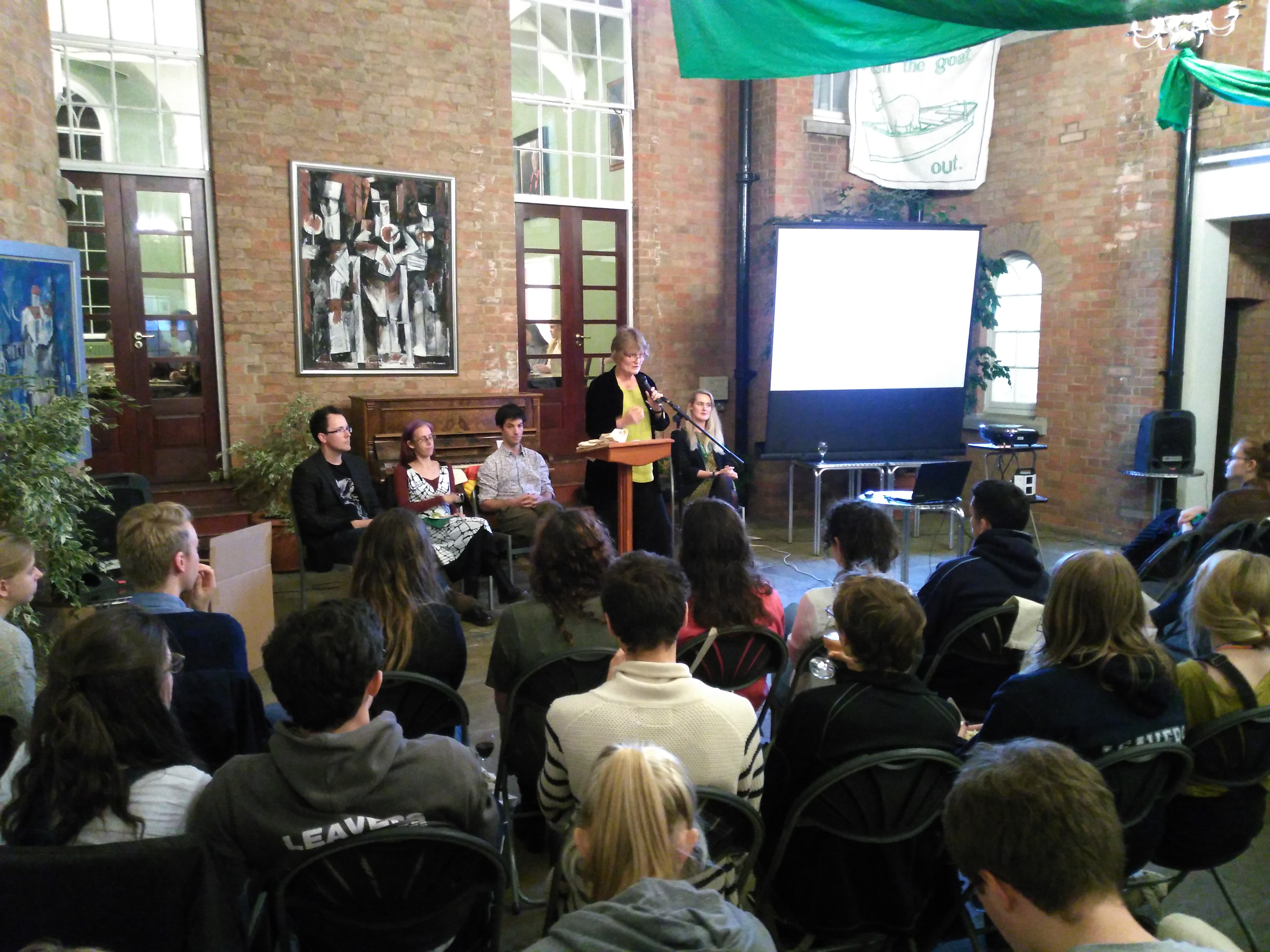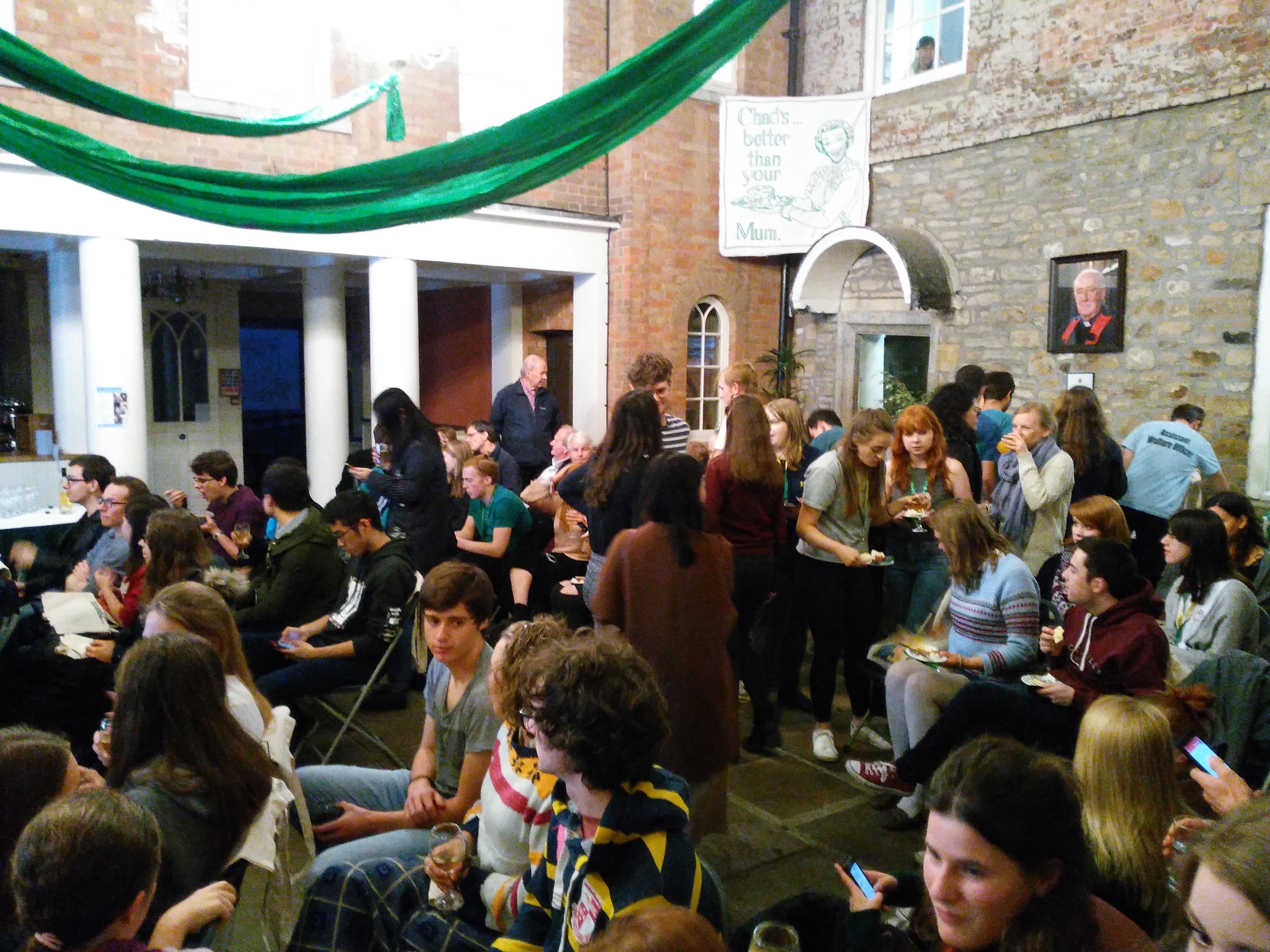 On 23rd November 2020, Chadsians and friends gathered on Zoom for the second PERSPECTIVES event of the academic year, focussing on the questions raised by Britain’s imminent departure from the EU – with or without a deal.
On 23rd November 2020, Chadsians and friends gathered on Zoom for the second PERSPECTIVES event of the academic year, focussing on the questions raised by Britain’s imminent departure from the EU – with or without a deal.
We were privileged to be joined by four highly experienced and knowledgeable speakers: James Ramsbotham CBE, CEO of the North East England Chamber of Commerce; College Fellow Professor Bryan Morton CBE, Chairman of Aircraft Medical, ReNeuron, Glide and Oxford BioTherapeutics and Founder and CEO of two Pharma companies, Zeneus and EUSA; Dr Michael Nower, Lecturer in Economics in the Business School and investigator on the research project ‘Brexit: International Trade and Productivity’, assessing the impact of potential future trade agreements on the UK economy following UK’s exit from the European Union; and DUBS alumnus Dr Martin Kaspar, Head of Corporate Development at Frankische and expert in Investment Promotion Agencies and Foreign Direct Investment (IPAs & FDI).
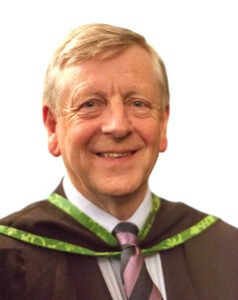
Following the news that Nissan, one of the largest employers in the North East region, looks set to close its Sunderland plant, the future for business and manufacturing in the North East looks set to be badly impacted by a no-deal Brexit, explained James Ramsbotham, but Bryan Morton offered some hope as he spoke about the potential opportunities for the British pharma and biotech industries post-Brexit. Michael Nower helped participants to think about both short-term and long-term consequences of Brexit and Martin Kaspar provided the continental perspective talking about how Britain is now perceived by our near neighbours in the EU after several years of wrangling and internal conflict.
The discussion was lively and passionate, but, in the true spirit of our PERSPECTIVES series, always well-informed and civil.
Many thanks to our speakers who so generously shared their time and expertise with us. We look forward to more PERSPECTIVES sessions online next term, and perhaps even the tantalising possibility of face-to-face sessions in the Easter term…!

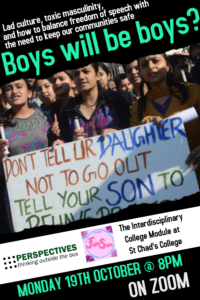 Boys will be boys? Lad culture, toxic masculinity, and how to balance freedom of speech with the need to keep our communities safe
Boys will be boys? Lad culture, toxic masculinity, and how to balance freedom of speech with the need to keep our communities safe We were joined by our expert speakers, Eliza Bechtold (Deputy Director of the Durham Law School Human Rights Centre) and Dr Stephen Burrell (Assistant Professor, Durham University School of Applied Social Sciences), as well as hearing an anonymous statement provided by Durham University Survivors, an online platform for survivors of sexual violence to share their stories anonymously. After hearing from our speakers, we adjourned into breakout rooms for smaller group discussion before returning to the main Zoom room for further conversation. Discussion included consideration of the potential for escalation from ‘banter’ and casual sexism to serious sexual violence, and the ways in which we can best challenge the cultural normalisation of misogyny in our communities. We were particularly interested to hear Eliza’s explanation of the distinction between what is merely offensive and what constitutes hate speech under UK law, and to hear about Stephen’s research on how the Covid-19 pandemic has affected conceptions of masculinity.
We were joined by our expert speakers, Eliza Bechtold (Deputy Director of the Durham Law School Human Rights Centre) and Dr Stephen Burrell (Assistant Professor, Durham University School of Applied Social Sciences), as well as hearing an anonymous statement provided by Durham University Survivors, an online platform for survivors of sexual violence to share their stories anonymously. After hearing from our speakers, we adjourned into breakout rooms for smaller group discussion before returning to the main Zoom room for further conversation. Discussion included consideration of the potential for escalation from ‘banter’ and casual sexism to serious sexual violence, and the ways in which we can best challenge the cultural normalisation of misogyny in our communities. We were particularly interested to hear Eliza’s explanation of the distinction between what is merely offensive and what constitutes hate speech under UK law, and to hear about Stephen’s research on how the Covid-19 pandemic has affected conceptions of masculinity. We were delighted with the good turn out, enthusiastic engagement with the speaker, and with how well the technology worked! We’re determined that the current Covid restrictions shouldn’t prevent our students from benefitting from our usual varied programme of scholarly and co-curricular activities, and we are already planning our next PERSPECTIVE session for November.
We were delighted with the good turn out, enthusiastic engagement with the speaker, and with how well the technology worked! We’re determined that the current Covid restrictions shouldn’t prevent our students from benefitting from our usual varied programme of scholarly and co-curricular activities, and we are already planning our next PERSPECTIVE session for November.